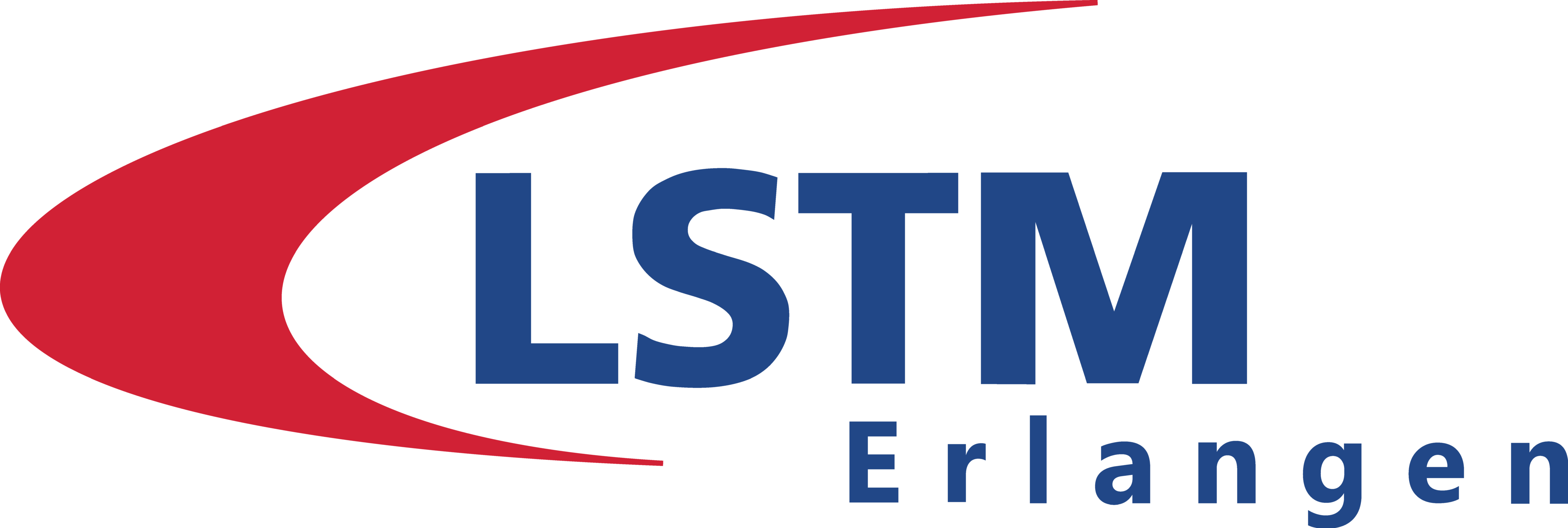Master/Project: Thesis r-refinement for Neko
Background: Simulations of turbulent flows are very time-consuming, in particular when all the scales of motion are resolved in space and time. One way to alleviate the difficult meshing for these types of simulations is to use adaptive mesh refinement (AMR). There are different flavours of AMR, including h and p-refinement. However, a simpler way is to use so-called r-refinement, which is a technique where only the grid points are moved without changing the underlying topology of the solver. We would like to explore the possibilities of r-refinement for our purposes of wall-bounded turbulence. We use the code Neko, that runs equally well on CPUs and GPUs, and has recently been chosen as a finalist for the yearly Gordon-Bell-prize 2023.
The proposed project is to implement, test and validate this r-refinement strategy. For that purpose, we first need to implement the possibility to move the mesh with a given mesh velocity. This is achieved using an ALE approach (arbitrary Lagrangian-Eulerian), which can be based on an existing implementation in the older Nek5000 code. Then we need to decide on a suitable error indicator, where we have some reference implementations available for Nek5000 as well. Finally, we combine these two ingredients into a working AMR implementation, which can be tested on 2D and 3D cases.
Reference to Neko: https://arxiv.org/abs/2107.01243
Specific tasks:
- Literature study on the topics of spectral element method and adaptive simulations
- Understanding of error indicators/estimators
- Installing and running initial cases with Neko
- Implementation of the ALE mesh velocity and error indicators
- Simulations using high-performance computing resources
- Data analysis and reporting of the results
Requirements:
- Experience and interest in high-performance computing and turbulence
- Programming experience in object-oriented languages (Fortran 2008, C++, Python)
- Experience with legacy simulation codes (Fortran 77) is beneficial
- Independence working style
Starting date: immediately
Supervisor:



